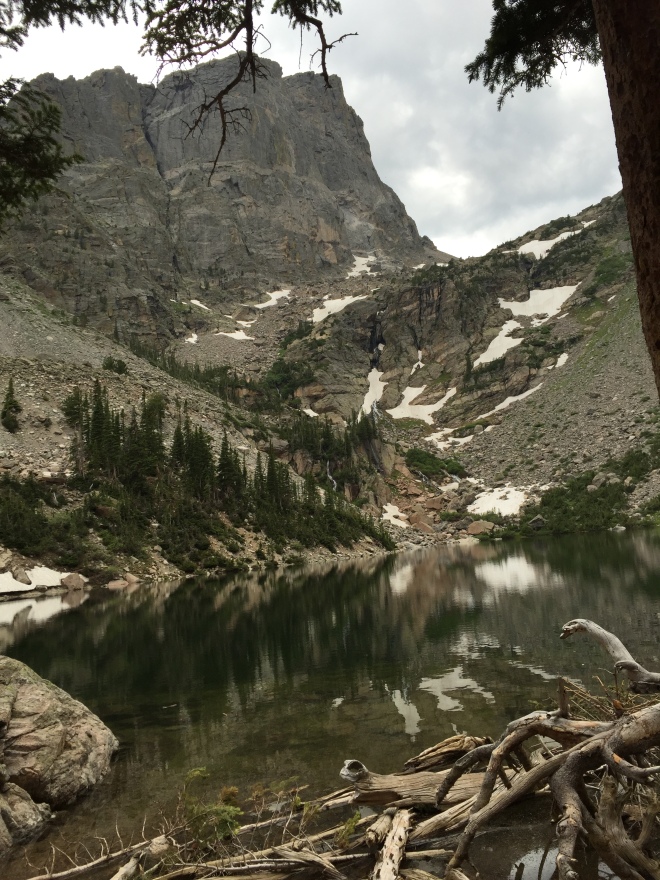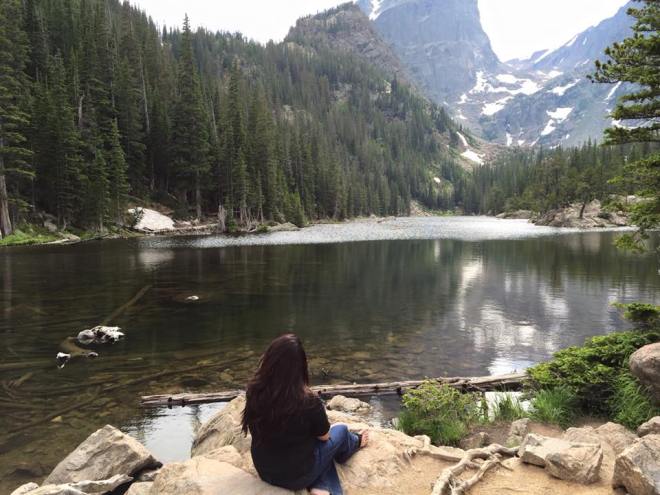i’ve come across another paradoxical edge in human behavior and perception. personally i admire a sense of not taking oneself or one’s ideas too seriously, i admire not knowing surely who you are (since you’re ever-changing) and what you’re about. to allow theories to just be guidelines and not immutable facts.
i dont think not having absolutes means being ignorant or clueless. i think some where in between the two there is a land of working definitions and theories that can inform as well as mold change and evolve. i admire people who have the flexibility and lack of adherence to certain ideas. in line with that, i am not tied to the idea of disliking such adherence every time 🙂
i’m reading Carl Jung, and he said:
“i can only hope and wish no one becomes “Jungian”… I proclaim no cut and dried doctrine and I abhor blind adherents. i leave everyone free to deal with the facts in his own way, since i also claim this freedom for myself.”
at a different time, he said: “theories in psychology are the very devil. it is true that we need certain points of view for their orienting and heuristic value; but they should always be regarded as mere auxiliary concepts that can be laid aside at any time. we still know so little about the psyche that it is positively grotesque to think we are far enough advanced to frame general theories. no doubt theory is the best cloak for lack of experience and ignorance, but the consequences are depressing: bigotedness, superficiality, and scientific sectarianism.”
(these quotes were collected from Mario Jacoby’s book, The Analytic Encounter.
Jung himself made statements at different points in his life that were discrepant. and this makes sense, we should not hold consistency so dearly that we don’t allow for growth and evolution.
i once had a debate with a friend because i like this quote from Haldane: “I am coming to the conclusion that my subjective account of my own motivation is largely mythical on almost all occasions. I don’t know why I do things.” my friend said “really?” with a lot of incredulity, in her world you cannot trust a person who does not know himself and his motivations. it is a view shared by many. it is logical too, because theorists must stand by their beliefs, or else why would anyone else buy their theory?
the certainty required about what we know is a pressing force, it gives credibility, heft and a certain kind of empirical respectability that “not being sure” does not have. i believe this is what Jung described as “scientific sectarianism.”
there is capitalism/commercialism here. although certainty can be heartfelt, a lot of times the motivation is advertising and making sales: one needs to be shamelessly promoting/marketing one’s views and products… any reservations and concerns are problematic. it is not ok to say “this is a great product for A and B, but…” as a society we don’t like ambivalence. this is not problematic except when there is a conflict of interest between profit and public benefit.
yet there is a different kind of thinking, quotes like “He who thinks he knows, doesn’t know. He who knows that he doesn’t know, knows.” i am somewhat delighted and not surprised to find that Joseph Campbell said this. i’ve also heard another version “wisest is he who knows what he does not know.” these ideas imply that there is some wisdom in the humility of not being absolute. the benefit of this is reflected in the problems that arise from religious absolutism.
so when i read someone like Carl Jung who meanders through his thoughts in his writings, stops, hesitates, adds a real voice of contemplation and thought, and mustering through those thoughts, i do not get bullet points and unequivocal strategies. what i get is wisdom and wealth of experience, that i can take and use.
ultimately this may be the difference between therapeutic wisdom and manual-based therapy. different psychotherapists would disagree with both polarities and fall at different points in the spectrum between.
i understand the need for protocol and guidelines, but it is when protocols and guidelines blind us from the true essence is when i have a problem with it. i love the quote that “even the Buddha wasn’t a Buddhist,” again delightfully similar to Jung telling people not to become “Jungians.”
the Dunning-Kruger effects may contribute to amplification of this dualism. someone like Jung would be a lot less likely to say “my theory is true and always true and EVERYONE should follow it.” people are more skeptical about someone who does not seem to “know their stuff” or “stand by their stuff” whereas someone like Dr. Phil gets his voice heard and spoken OUT LOUD.
i wonder if this need for certainty comes from our basic fear. that somehow following what is staunchly defended vs some loosey goosey insights and ideas makes some of us feel better. i wonder what the personality factors are that determine our leanings to one side or the other. thoughts?
© The Paradox of Being. Unauthorized use and/or duplication of written material, ideas, and images without express and written permission from this blog’s author is strictly prohibited. Links to the original content on this blog may be provided.


 required a deeper level of connection and intimacy, not a touch and go but a real visit.
required a deeper level of connection and intimacy, not a touch and go but a real visit.

